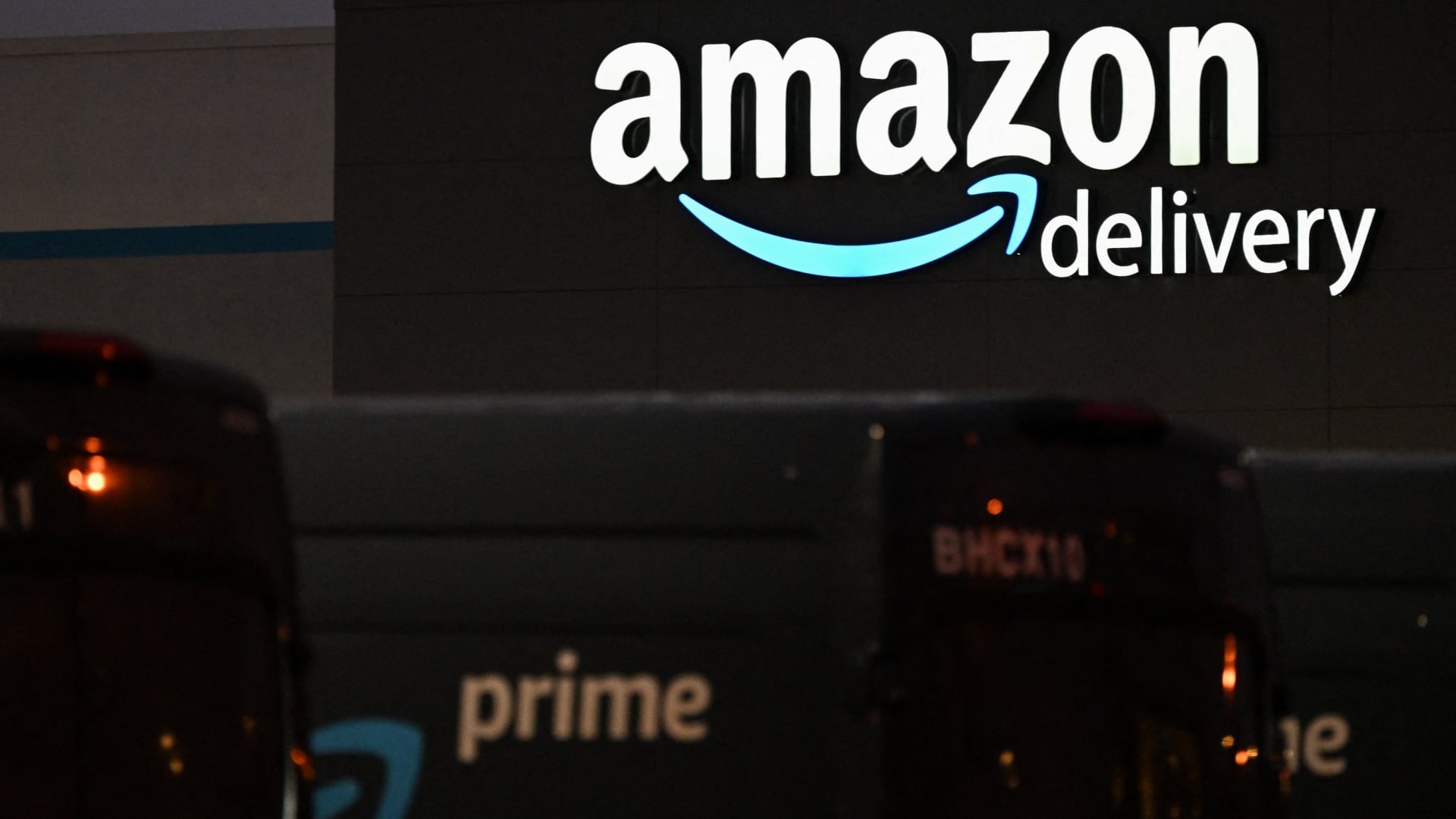By Kelvin Chan and David McHugh
Credit Suisse shares plunged Monday after Swiss authorities cut a deal with its bigger rival UBS to acquire the troubled bank at a marked-down price. But European bank stocks and the wider market gained as investors watch whether moves to shore up banks will stem further upheaval in the global banking system.
Shares of Credit Suisse, whose woes stem from questions over its internal controls, fell 60% a day after UBS said it would buy the fellow Swiss bank for a lowball price of 3 billion Swiss francs ($3.25 billion). The shares are now trading at about the level that they are valued at by the deal.
Swiss regulators orchestrated the purchase in a bid to stop more turmoil after the collapse of two U.S. banks. In an indication of the frantic, behind-the-scenes deal-making by Swiss authorities to resolve the issue before markets opened, the acquisition was announced late Sunday.
There is still uncertainty over how the deal will play out for the combined bank. Analysts say some previous forced bank mergers didn’t work out well for shareholders in the long run.
“Only time will tell how this shotgun wedding is received,” said Neil Shearing, group chief economist for Capital Economics.
UBS shares initially fell on the Swiss stock exchange but had gained more than 6% in afternoon trading. The deal added volatility to other European bank stocks, which fell in early trading even as benchmark indexes climbed, before some clawed back their losses. Germany’s Deutsche Bank, France’s BNP Paribas and Italy’s UniCredit were up, while London-based Barclays sank 3%.
Swiss authorities urged UBS to take over its smaller rival after a central bank plan for Credit Suisse to borrow up to 50 billion francs ($54 billion) last week failed to reassure investors and customers. Shares of Credit Suisse and other banks had tumbled last week after the failure of two banks in the U.S. raised questions about other potentially weak global financial institutions.
Many of Credit Suisse's problems were unique and unlike the weaknesses that brought down Silicon Valley Bank and Signature Bank in the U.S. It has faced an array of troubles in recent years, including bad bets on hedge funds, repeated shake-ups of its top management and a spying scandal involving UBS.
Analysts and financial leaders say safeguards are stronger since the 2008 global financial crisis and that banks worldwide have plenty of available cash and support from central banks. But concerns about risks to the deal, losses for some investors and Credit Suisse's falling market value could renew fears about the health of banks.
Tobias Straumann, an economic history professor at University of Zurich, said the merger was the right move because the U.S. bank collapses and the danger to Credit Suisse was “an international banking crisis in the making.”
“Markets are very nervous, and I think an additional accident in Switzerland would have fueled a lot of problems,” he said.
Now, the focus will be on whether problems emerge in other banks or parts of the financial system, Shearing said.
“Containing crises is a bit like a game of whack-a-mole — with new fires starting as existing ones are extinguished,” Shearing said.
Credit Suisse is among 30 financial institutions known as globally systemically important banks, and authorities were worried about the fallout if it were to fail.
UBS is bigger but Credit Suisse wields considerable influence, with $1.4 trillion assets under management. It has significant trading desks around the world, caters to the rich through its wealth management business, and is a major mergers and acquisitions adviser. However, Credit Suisse weathered the 2008 financial crisis without assistance, unlike UBS.
Switzerland's executive branch passed an emergency ordinance allowing the merger to go through without shareholder approval.
As part of the deal, approximately 16 billion francs ($17.3 billion) in higher-risk Credit Suisse bonds will be wiped out, leaving investors with hefty losses. That has triggered concern about the market for those bonds and for other banks that hold them.
The combination of the two biggest and best-known Swiss banks, each with histories dating to the mid-19th century, strikes at Switzerland’s reputation as a global financial center — putting it on the cusp of having a single national banking champion.
The deal follows the collapse of two large U.S. banks last week that spurred a frantic, broad response from the U.S. government to prevent further panic.
In a bid to shore up the global financial system, the world’s central banks announced coordinated moves to stabilize banks, including access to a lending facility for banks to borrow U.S. dollars if they need them, a practice widely used during the 2008 crisis.
UBS officials said they plan to sell off parts of Credit Suisse or reduce the bank’s size.
To support the deal, the Swiss central bank is providing a loan of up to 100 billion francs and the government is providing another 100 billion francs of support as a backstop if needed.
As the market tries to figure out what comes next after the merger, Straumann, the professor, said he wouldn’t be surprised to see problems for regional banks in Europe after further interest rate increases, much like what happened to midsized banks in U.S.
“The banking system of Europe has not fully recovered from the crisis” in 2008, he said. “It’s better, of course, than it used to be, but it’s vulnerable.”
___
McHugh reported from Frankfurt, Germany. Associated Press writers Courtney Bonnell in London, Jamey Keaten in Geneva, Ken Sweet in New York, Frank Jordans and Emily Schultheis in Berlin, Barbara Ortutay in Oakland, California, and Chris Rugaber in Washington contributed.
UPDATES: Updates throughout with markets gaining.












